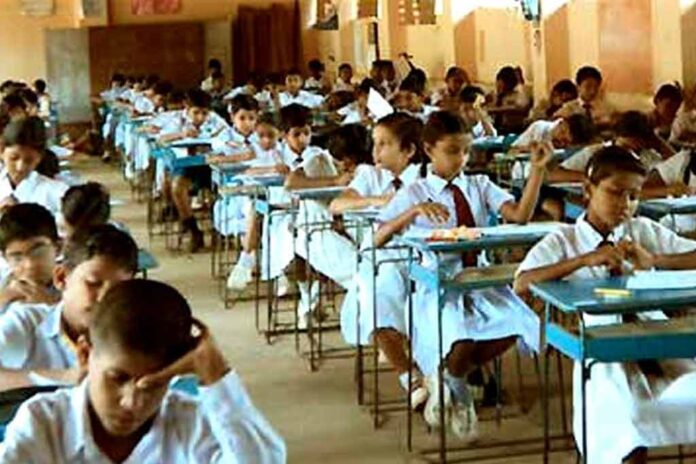Prime Minister and Education Minister Dr. Harini Amarasuriya has raised alarm over rising school dropouts and absenteeism, revealing that around 20,000 students dropped out of school last year, while a further 80,000 failed to attend regularly.
Speaking at a consultative meeting with education officials in the Central Province held at the Kandy District Secretariat Auditorium on July 31, the Prime Minister cited recent findings from an Education Ministry analysis.
“Each year, around 300,000 children enter Grade One. Of them, approximately 20,000 stop schooling partway through. Although statistically less than 1%, in real terms the number is significant and cannot be ignored,” she said.
Dr. Amarasuriya stressed the need for qualitative research to understand the underlying reasons behind these figures.
“We must identify who these children are and where they have gone. This may be the root cause of many social crises we are witnessing today.”
She also highlighted that about 80,000 children exhibit irregular attendance, with some attending school less than half the time.
“That means nearly 100,000 children — about one-third of those enrolled — are not receiving the education they are entitled to,” she noted.
The Prime Minister said dropout rates are higher among boys, calling for targeted interventions to determine whether these children are pursuing alternative education or abandoning it entirely.
Addressing higher and vocational education, Dr. Amarasuriya noted that while 40,000 students enter State universities annually, another 150,000 pursue vocational training. However, there is no clear data on the fate of the remaining school leavers, many of whom fall outside formal systems.
She also expressed concern about youth employability, particularly among young women, stating:
“Despite strong academic performance, many girls struggle to find employment. Women’s participation in the labour force is about 50% lower than men’s, mainly due to a lack of opportunities.”
While acknowledging that broader societal factors contribute to this disparity, Dr. Amarasuriya maintained that education plays a central role in addressing it.
She further questioned the effectiveness of Sri Lanka’s free education system, asking whether it truly delivers quality and meaningful learning outcomes.
“What we need is not just educated individuals, but citizens capable of resolving crises and engaging meaningfully with society,” she concluded.
The event was attended by Central Province Governor Prof. Sarath Abeykoon, State Minister Gamagedara Dissanayake, MPs Thushari Jayasinghe, Thanura Dissanayake and Ishak Farook, Education Secretary Nalaka Kaluwewa, Central Province Chief Secretary Ajith Premasinghe, and Kandy District Secretary Indika Udawatta.
